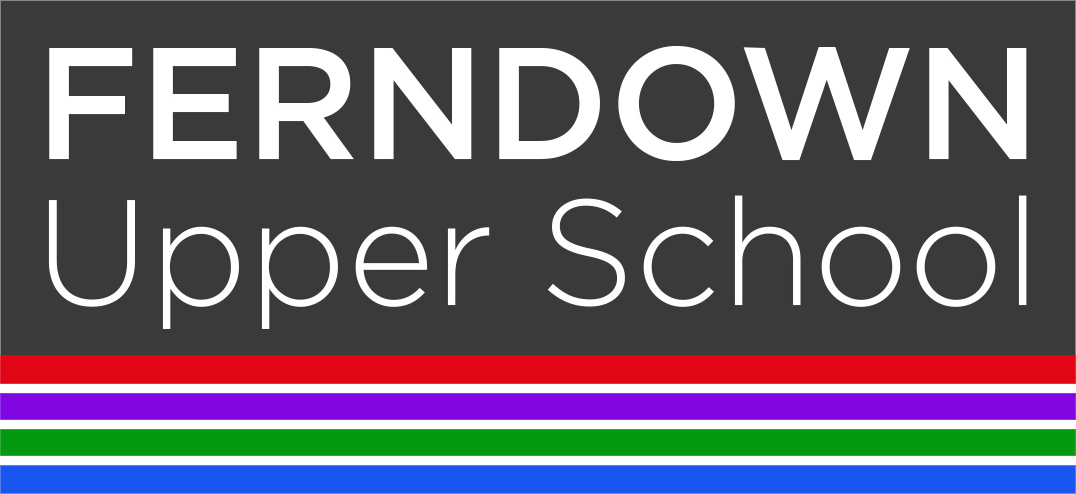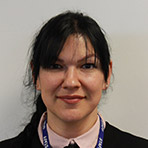MODERN LANGUAGES GCSE
(French, Spanish – English Baccalaureate Options)
“One language sets you in a corridor for life. Two languages open every door along the way”.
– Frank Smith, Psycholinguist
Examining Board AQA
Reasons for Studying a Modern Foreign Language:
Our Big Ideas about learning another language explain why we think it is such a great option at GCSE and beyond. In Modern Languages department, we encourage our students to…
- Express their ideas and thoughts in another language and respond to speakers of that language, both in speech and writing.
- Develop the habits of a good linguist; step outside their comfort zone, demonstrate a “have a go” attitude and equip themselves with linguistic strategies to deal with the unpredictable.
- Manipulate grammatical structures and apply patterns and rules in order to express themselves and decode what they read or hear.
- Broaden their horizons by learning about the culture of the countries where the language they are learning is spoken: music, dance, film, literature, fashion, gastronomy, geography and history.
- Recognise the cultural and linguistic differences between countries and their languages, and adopt a tolerant attitude towards this diversity.
- Take a pride in possessing a skill that is valued by universities and future employers and is increasingly unique in today’s society and will allow them to participate effectively in the multi-cultural world.
We believe that every student should be able to communicate in at least one foreign language, and that this is an important skill even when mastered at a simple level. Being able to communicate in another language is useful in a wide variety of jobs. Managers, professional people and personal assistants in many companies need to deal with customers and contacts from abroad, as do lorry drivers making deliveries in Europe, and shop assistants who meet many foreign customers here. It is a skill that makes a holiday abroad far more enjoyable. With a knowledge of the language you will feel far more confident, be able to function independently and understand more of what you see and hear around you, and have the ability to talk socially with people you meet.
What You Will Be Studying:
You will be learning how to talk and write about yourself, your home, school, local environment, holidays, interests and plans, and understand other European teenagers talking about their lives in their own language. You will use different resources such as YouTube clips, songs and magazines.
You will be able to read and listen to a wide range of material from the country concerned, including literary texts, and learn about how the language works. This will enable you to express your own opinions, to describe things you have done and seen, and to talk about your plans for the future. These are valuable skills in themselves, and lay the foundations for language study beyond GCSE level.
How You Will Learn:
New structures and vocabulary will be taught and practised in class, and you will have frequent opportunities to use the language yourself in pair or group work. You will be able to practise and extend your skills through listening, reading and writing activities, and you will be encouraged to express your own feelings and opinions. You will be encouraged to try to speak fluently and develop techniques for getting around words you do not know using rephrasing strategies.
How You Will Be Assessed:
(a) You will be assessed in the skills of speaking, listening, reading and writing throughout the course by your class teacher in order that your progress can be tracked and targets for improvement can be set.
(b) Your final grade is assessed by examinations in all four skill areas: Listening, Reading, Speaking and Writing at the end of Year 11. These are set by the AQA Board and are equally weighted at 25% each.
The GCSE will be assessed in two tiers. The Foundation Tier gives access to the grades 1-5, whilst the Higher Tier gives access to grades 4-9. Your teacher will discuss the best level of entry for you.
Courses Offered:
French and Spanish are offered at GCSE.
If you are good at languages and enjoy learning them, we would strongly encourage you to take the opportunity to study more than one.
Contact: Mrs. E. Elliott – Head of Modern Foreign Languages & Director of Learning for Social Sciences
Careers In Modern Foreign Languages
As a Modern Foreign Languages student, you will have gained skills highly valued by employers, such as verbal and written communication, problem solving, processing of information, teamwork, literacy and oracy. Speaking a foreign language enables you to compete in the global market place in a wide range of careers connected to areas such as the diplomatic service, marketing, customer service, law, business management and journalism to name a few. However, if you are passionate about languages you may wish to explore careers opportunities in an area more directly related to Modern Languages such as travel consultant, aviation operations manager, interpreter/translator, bilingual administrator, cabin crew, heritage-engineering technician and commercial procurement and supply.
Labour Market Information – LMI
It is useful to look at the labour market when considering a career related to Modern Foreign Languages. Many sectors related to MFL are areas of growth in terms of employment opportunities. The number of jobs aimed at bilingual workers has more than doubled in recent years with French, Spanish, Chinese and Arabic in highest demand.
The LMI for All portal provides high quality, reliable LMI information – see link below: https://www.lmiforall.org.uk/
Pathways Example Post 16 Routes – Level 3 A Level
- A-Level French, Spanish, English Language, English Literature, History and Politics
Pathways Example Post 16 – Apprenticeship Ideas
AVIATION OPERATIONS MANAGERS
- Lead operations in the field of aviation, recruitment of ground staff and crewmembers, scheduling of flights and rotas for pilots, flight attendants and airport staff.
COMMERCIAL PORCUREMENT AND SUPPLY
- Monitor international business trends and product availability in order to pay the best price for company goods and services without sacrificing quality or delivery times. A key element of the role is nurturing relationships with worldwide suppliers to negotiate the best prices.
INTERNATIONAL FREIGHT FORWARDING SPECIALIST
- Act as an intermediary between the company who makes the shipment and the final destination for the goods organising different transport modes to carry out shipment.
HERITAGE ENGINEERING TECHNICIAN
- Perform a vital role in the preservation, restoration, re-manufacture, service and repair of historic UK and International engineering achievements working in organisations as diverse as global manufacturers, museums and small operators.

